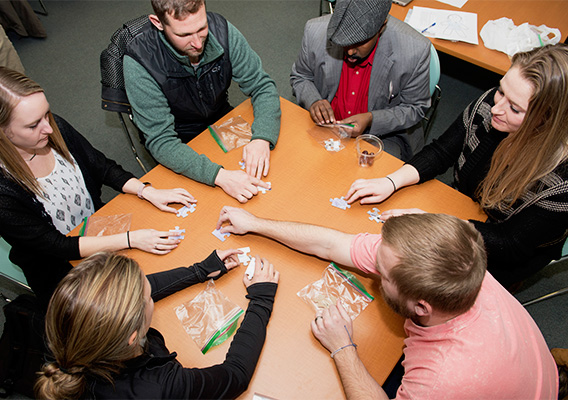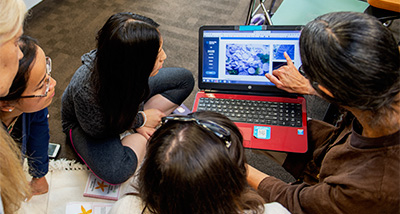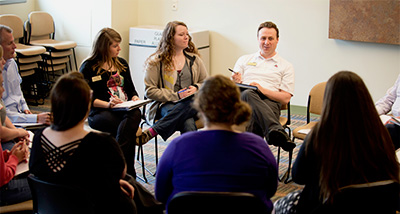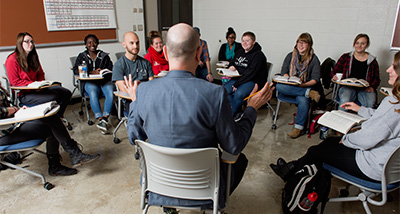
School Counseling
Why Study School Counseling?
Graduate | Education | CEBAH
UWRF's graduate-level counseling program prepares students to work as professional counselors in diverse PK-16 school settings. Upon graduation, students will have a Master of Science in Education, a wide breadth of hands-on experience and an array of skills and tools needed to succeed in their careers. The program is accredited by the Council for Accreditation of Counseling and Related Educational Programs (CACREP). Learn more about our Counseling and School Psychology Department at students.uwrf.edu/csp.
Application Deadlines (Rolling Application):
- Fall semester start: Apply by August 10
- Spring semester start: Apply by December 1
Who is this program designed for?
- Individuals from all professional backgrounds interested in preparing for employment as a counselor in a school setting, including working adults
Follow us on social media!
Program Details
Key Features
- Accredited by the Council for Accreditation of Counseling and Related Educational Programs (CACREP).
- Prepares students to work as school counselors at all levels (PK-16).
- Flexible degree plans based on diverse graduate student needs.
- Evening courses offered fall and spring with electives in summer and winter terms.
- Approachable and available faculty members.
- Field placement opportunities in urban, suburban, rural, charter, private and online school settings.
Application Process
Learn more about the application process and how to apply at students.uwrf.edu/csp/future-counseling-students.
Curriculum
The counseling program meets state standards for certification and the curriculum includes a carefully constructed blend of in-person, online and hybrid-style courses. It also adheres to the profession's accepted and established practices for training school counselors. Visit the Counseling and School Psychology Department webpage for more information.
CACREP Accreditation and Outcomes
We're accredited by the Council for Accreditation of Counseling and Related Educational Programs.
Learn more about our programs and outcomes on our Accreditation page.

Frequently Asked Questions
You've got questions, we've got answers! We've compiled a list of frequently asked questions to help guide you. If you've got additional questions, don't hesitate to reach out via email or by phone at 715-425-3237.
Future Students
Future counseling students, visit our Future Students page to learn details about our program, including info on the application process, scholarships, tuition and more!
Current Students
Already enrolled in our counseling program? Visit our Current Students page to learn more about course options, scholarships, the student association and more and find important information about portfolios, practicums, internships and more!
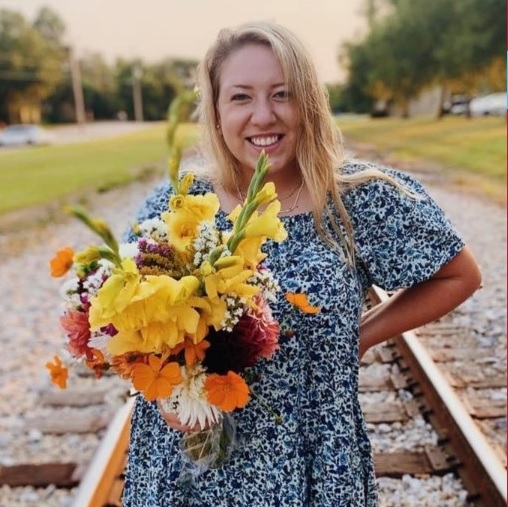
School Counseling
caroline.baker@uwrf.edu // 715-425-3237
Your Degree:
Graduate
Area of Study:
Education
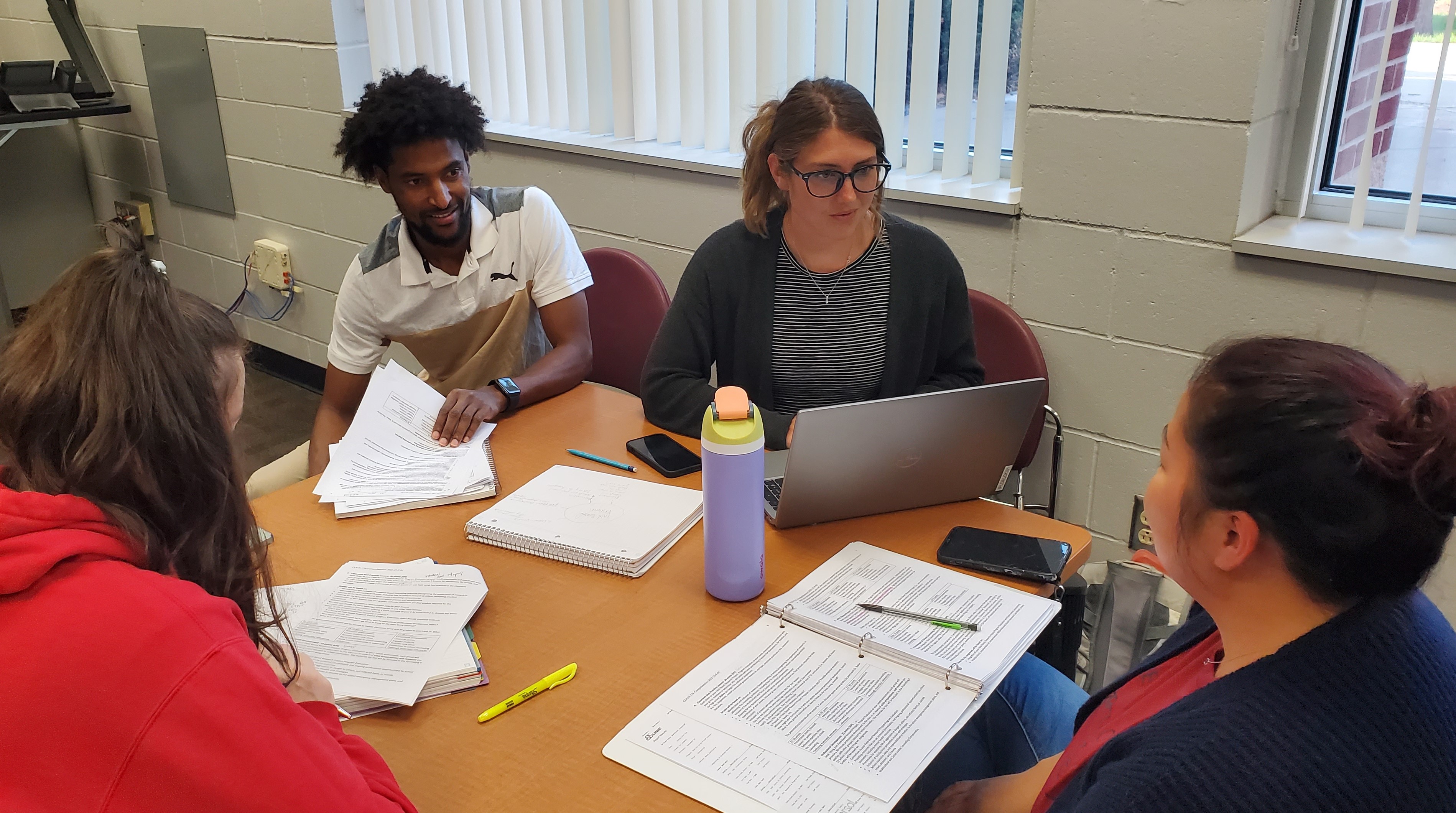
Skills and Learning Outcomes
- Identify as professional school counselors through language and behaviors.
- Implement and advocate for comprehensive school counseling programs.
- Support student success by incorporating best practices through research, scholarly literature and technology.
- Consult, collaborate and establish partnerships with stakeholders.
- Apply ethical, developmental and cultural practices in school counseling.
Types of Courses
- Behavioral Assessment and Intervention
- Career Counseling
- Comprehensive School Counseling Programming
- Counseling Theory and Skills
- Cultural and Ethical Foundations of Counseling
- Exceptional Child
- Group Counseling
- Higher Education Administration
- Lifespan Human Development
